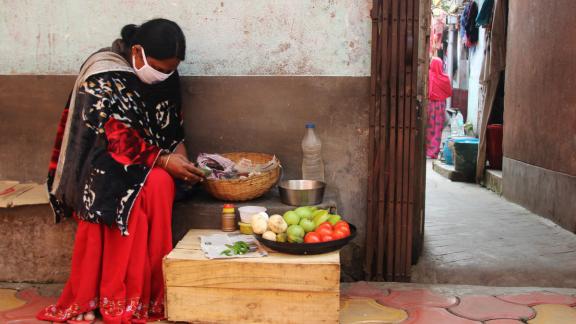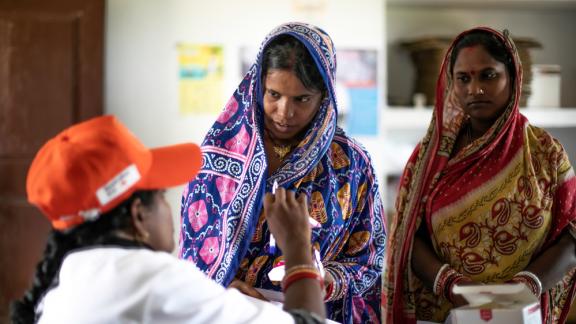Our teams and families, based in India, at the International Planned Parenthood Federation’s South Asia Regional Office have been coping with the new wave of COVID-19.
We, like millions of people in India, are trying to comfort each other by providing support through the resources available to us during these difficult times.
No country has been spared during this pandemic, but it has highlighted major health inequalities and uncovered fragile healthcare systems, with those in the developing countries facing bigger health inequality gaps.
We hope to see an effective rollout of the COVID-19 vaccine in India and other countries in South Asia like Pakistan and Bangladesh where the situation is alarming. Mere availability will not be enough. There is a pressing need for vaccination education programes and campaigns to educate citizens over infection control.
International Planned Parenthood Federation’s (IPPF) South Asia Regional Director Sonal Mehta said:
“In these trying times, we stand in solidarity with our team based in India and friends working with the Member Association Family Planning Association of India. We offer our condolences to the thousands of families who have lost their loved ones during this crisis in India.
At this moment, the health system in India is stretched, thousands of healthcare workers are risking their lives to provide treatment. We are keen to support and provide the much-needed vaccine education. Action is also required to break the chain of transmission, address the shortage of vaccine in the country and roll-out mass campaigns to encourage citizens to take the vaccine dose."
IPPF will also continue to work with our Member Association Family Planning Association of India to provide humanitarian assistance to communities in need.
We are committed to supporting all health workers and supports the World Health Organization’s Vaccine Equity Declaration, which encourages countries to accelerate the equitable rollout of vaccines in every country, starting with health workers and those at highest risk for COVID-19.
when
Subject









